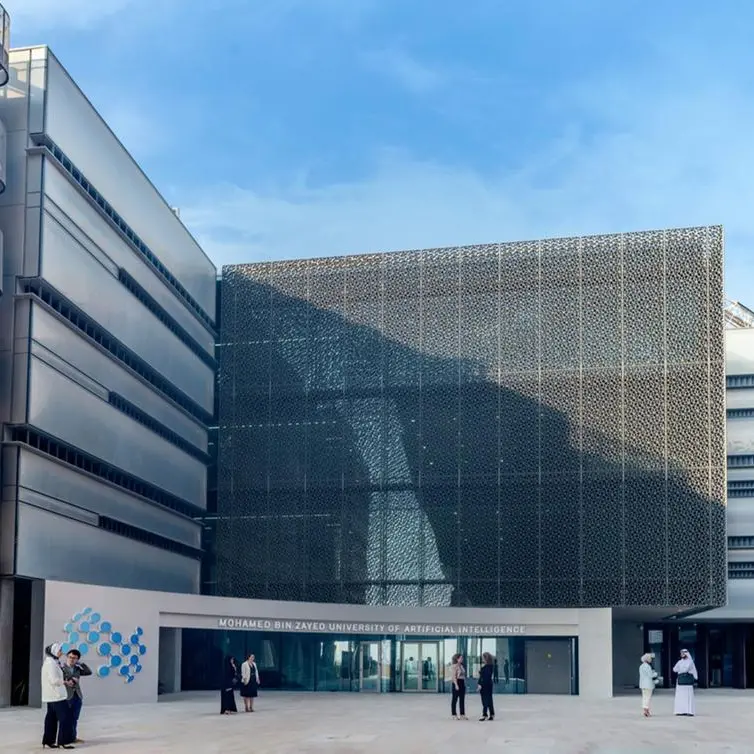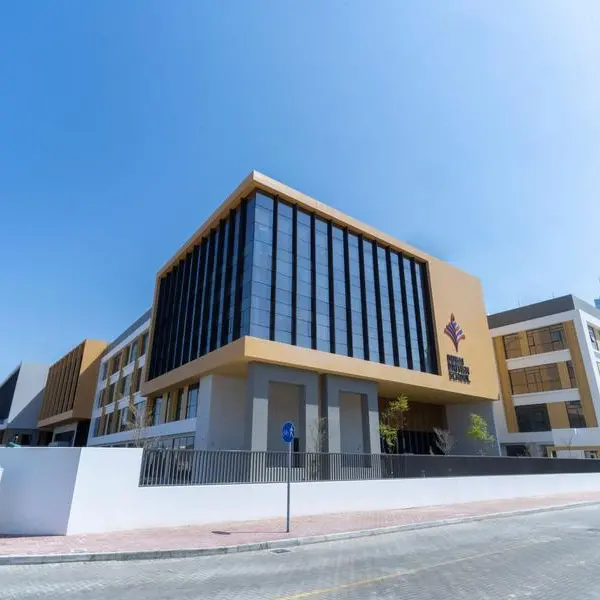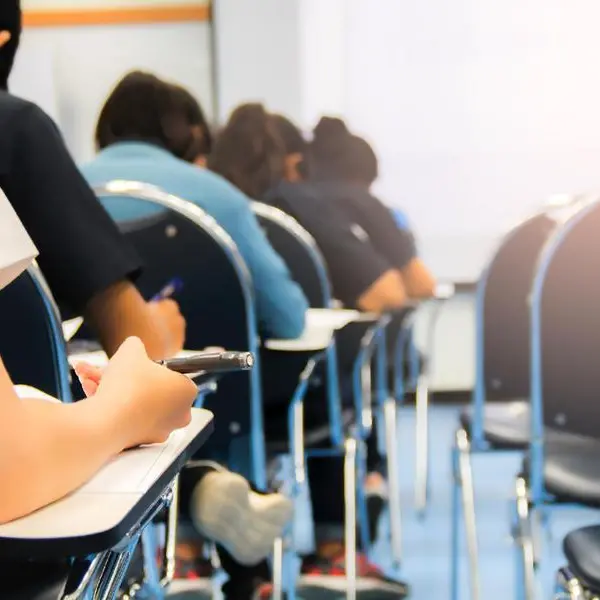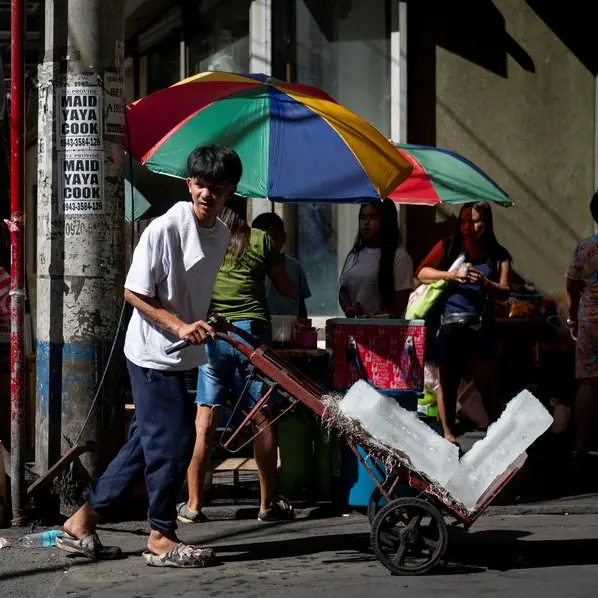PHOTO
The Sharjah Private Education Authority (SPEA) on Sunday revealed the positive outcomes of its 'Itqan' program, with no schools rated as 'very weak' in its evaluation.
SPEA's 'Itqan' program, launched in October last year and lasted until March this year, is a qualitative initiative aiming to boost school performance across the entire emirate.
The results process, based on six criteria, covered 110 private schools out of the 127 existing in the emirate, which collectively cater to 181,175 students, including 21,995 Emirati pupils.
These yardsticks include the quality of pupils' achievements, personal and social development of pupils and innovation skills, quality of teaching and evaluation processes, curriculum, quality of care, guidance, and support provided to pupils, and the quality of school leadership and management.
Out of 107 schools, which account for 97 per cent of the private schools in the emirate, offer education that is deemed "acceptable" or "better".
Moreover, 54 schools, representing 49 per cent of those assessed, provide education classified as good or better.
The breakdown of the results revealed one school rated as "outstanding," nine schools rated as "very good," 44 schools were "good," 53 schools rated as "acceptable," and three schools labelled as "weak." Importantly, the findings also indicated that none of the schools were rated "very weak."
The assessment also highlighted that 110,954 students, comprising 61 per cent of the total student population in private schools, are receiving education classified as "good" or better.
An overwhelming majority of 177,709 students, amounting to 98 per cent, benefit from at least an acceptable level of education.
Among the UAE nationals, 14,003 students, representing 64 per cent of all Emirati students in Sharjah private schools, receive education rated as "good" or better.
Almost all Emirati students, specifically 21,987 out of 21,995, receive education classified as "acceptable" or better.
These results indicate a substantial 68 per cent improvement in school performance compared to previous evaluations conducted in 2018 and 2019.
Number of schools offering "Good" or Better education soars from eight to 53
The number of schools delivering education classified as "good" or better has seen a significant increase, rising from eight to 53, while the number of schools offering education categorized as "acceptable" or lower has decreased from 94 to 56.
In terms of students' academic accomplishments, the study revealed that 67 per cent of private schools have improved, compared to a mere 8 per cent in the previous evaluation session.
There has been notable progress in the proficiency of native Arabic speakers, with 60 per cent of schools demonstrating improved results in this area.
The results also highlight that quality education is not exclusive to high-cost institutions.
As many as 34 private schools, with average annual fees of Dh20,000 or less, deliver education classified as "good" or better. This includes 22 medium-fee and 12 low-fee schools, indicating their commitment to continuous improvement and development.
Notably, 17 schools were not included in the evaluation due to not meeting the criteria, such as being in their second year of operation.
Copyright © 2022 Khaleej Times. All Rights Reserved. Provided by SyndiGate Media Inc. (Syndigate.info).





















